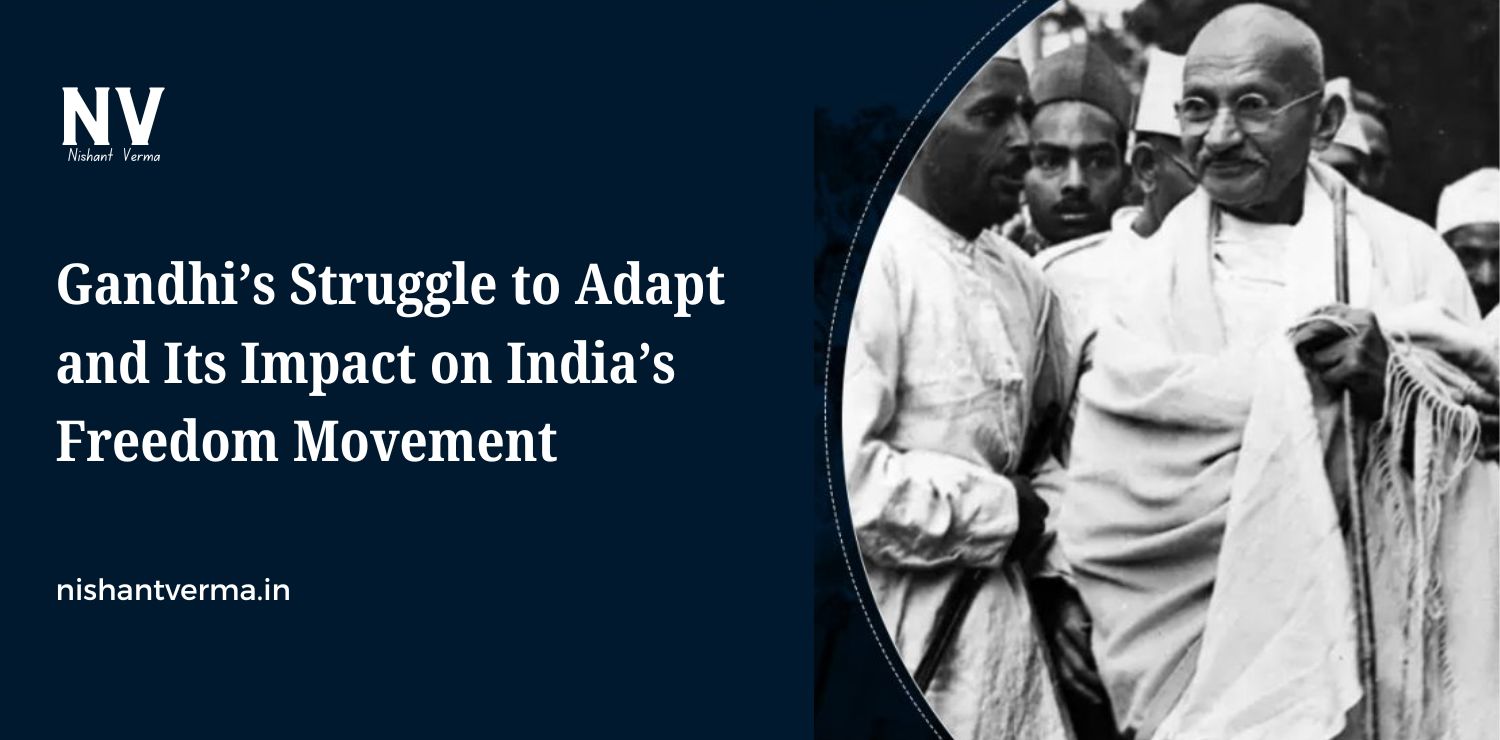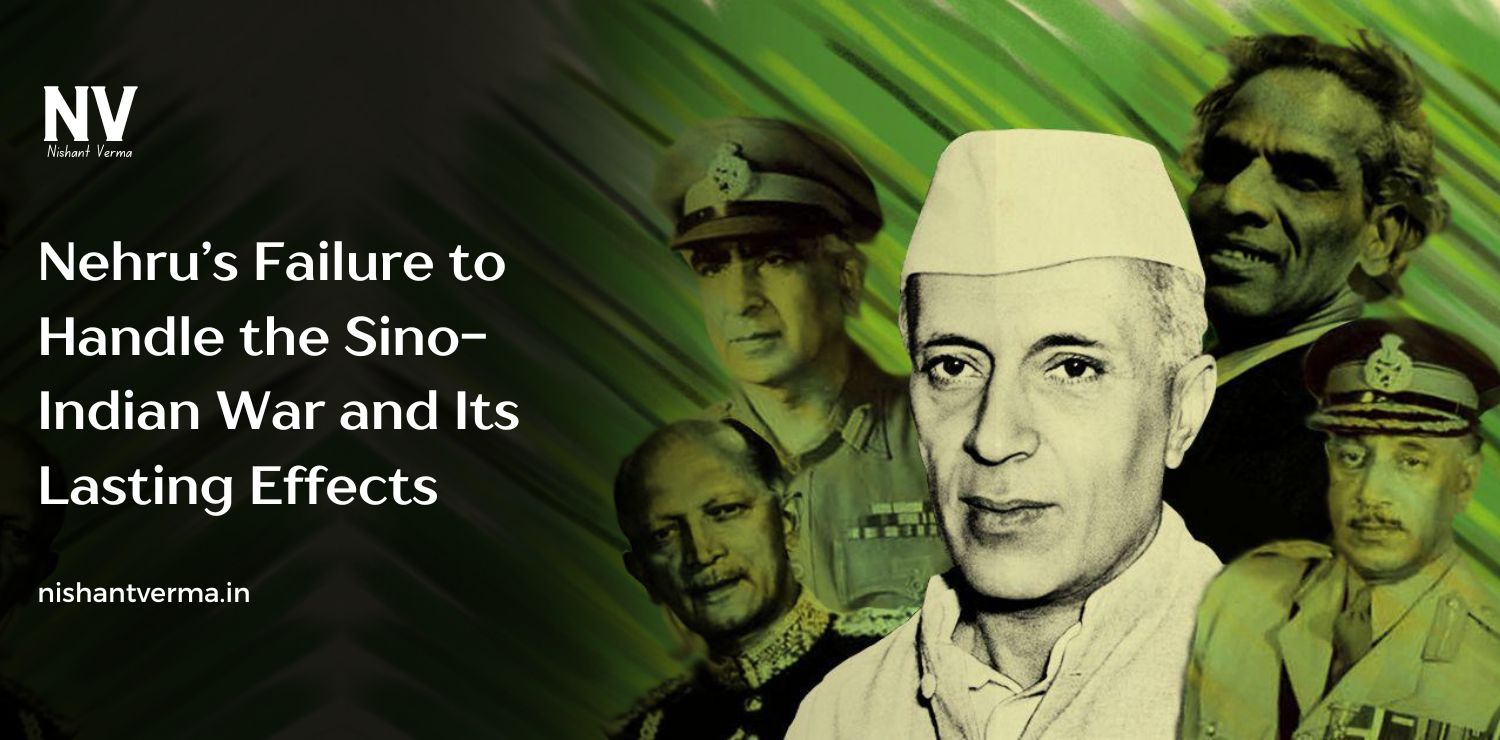Pavel Durov, the visionary behind the widely-used messaging platform Telegram, was recently arrested in France on serious allegations, ranging from complicity in drug trafficking to cybercrime and child exploitation. His detention, linked to failures in moderating illegal activities on the platform, has sparked international reactions and drawn attention to the broader implications for Telegram globally—including in India, where the app has become a critical communication tool for millions. But what does this mean for India and Telegram’s future in the country?
The Role of Telegram in India: Ubiquitous and Unregulated?
India has been one of Telegram’s largest markets, boasting millions of active users across various strata of society. From casual communication to corporate coordination, from political activism to news dissemination, It’s wide-reaching influence has made it an indispensable part of India’s digital ecosystem.
Unlike WhatsApp, which faces constant scrutiny from the Indian government over issues like encryption and fake news, It has largely avoided such direct confrontations. It offers unique features like large group capacities of up to 200,000 members, channels for mass communication, and the ability to share large files. These features have attracted a diverse array of users, including students, businesses, political groups, and even illegal actors.
While Telegram’s versatility is one of its strengths, the platform’s lack of stringent content moderation has drawn criticism internationally. In India, this unregulated space has enabled the proliferation of pirated content, misinformation, and even extremism in some cases. With Durov’s arrest bringing such moderation issues to the forefront, the question arises: will Indian regulators step in?

Regulatory Ripples: Will India’s Government Crack Down on Telegram?
India’s regulatory stance toward social media and messaging platforms has hardened in recent years. The Indian government has been aggressive in regulating tech platforms like Twitter, Facebook, and WhatsApp, insisting on tighter control over content and more cooperation with law enforcement.
Given that Telegram has largely evaded such scrutiny so far, Durov’s arrest might act as a catalyst for India to reevaluate its relationship with the app. If Telegram is found to be a breeding ground for illegal activities like child exploitation or drug trafficking, as the French authorities claim, it could face significant pushback from Indian authorities.
India’s Ministry of Electronics and Information Technology (MeitY) has already shown an appetite for stricter control over digital platforms, recently enforcing new IT Rules that require platforms to appoint compliance officers, facilitate tracking of unlawful content, and respond promptly to law enforcement requests. Telegram, which has so far resisted significant regulation, may be forced to comply with these new measures, potentially limiting its appeal to some of its user base that values privacy and decentralization.
Impact on Indian Users: Will Telegram Lose Its Edge?
For Indian users, particularly those who rely on Telegram for legitimate purposes, a potential crackdown could be concerning. It’s features, such as large-group chats and anonymous messaging, have attracted diverse communities—from educational groups to activists organizing social movements. However, if Indian authorities begin to impose stricter regulations on the platform, the user experience may change significantly.
Telegram could be forced to alter its encryption policies or limit its signature large groups and channels, potentially driving away users who prize these features. Moreover, a crackdown could create fear among its user base, similar to the impact seen on Twitter and WhatsApp after increased government oversight.
On the other hand, India’s crackdown on Telegram could also spur the growth of local alternatives. Indian tech companies have shown a capacity to build platforms tailored to national needs, as seen with the rise of apps like Koo (an Indian alternative to Twitter). If It appeal diminishes due to regulatory pressures, Indian entrepreneurs could seize the opportunity to develop homegrown solutions that meet both user demand and regulatory requirements.

A Tech Ecosystem on the Edge: Could Telegram’s Troubles Spur Innovation?
The potential fall of Telegram as a go-to platform in India could have a profound ripple effect on the country’s tech ecosystem. With one of the largest user bases globally, India has become a battleground for tech companies vying for market dominance. The void left by Telegram, should its issues escalate, could lead to a surge in innovation within India’s tech industry.
In particular, Indian developers might accelerate the creation of alternative platforms that cater specifically to the country’s unique communication needs while also adhering to government regulations. This could mirror the rise of Jio Platforms, which became a telecommunications giant by leveraging India’s burgeoning digital landscape. If Telegram falters, local companies might replicate this success in the messaging space.
Alternatively, It could double down on its presence in India by adopting a more compliant stance. This might involve greater cooperation with Indian authorities and a shift in how it moderates content on the platform. Such a shift could lead to a safer platform for Indian users but might also alienate those who use Telegram for its current privacy features and unregulated environment.

Conclusion: The Telegram Dilemma – Where Does India Stand?
Pavel Durov’s arrest in France has sent shockwaves through the global tech community, with potential implications for how platforms like Telegram are regulated and perceived. For India, which is home to a significant portion of It’s user base, the situation presents a dilemma. Should the Indian government ramp up its scrutiny of the platform, it could lead to a more regulated and potentially less appealing app for millions of users. Conversely, this might spark innovation and the rise of new Indian alternatives better suited to the country’s regulatory landscape.
As the world watches how this unfolds, one thing is clear: It’s future in India hangs in the balance, caught between regulatory pressures and the need for digital freedom. The next few months could be pivotal in determining whether Telegram remains a cornerstone of India’s digital ecosystem or becomes the latest casualty in the ongoing tug-of-war between tech companies and government oversight.




